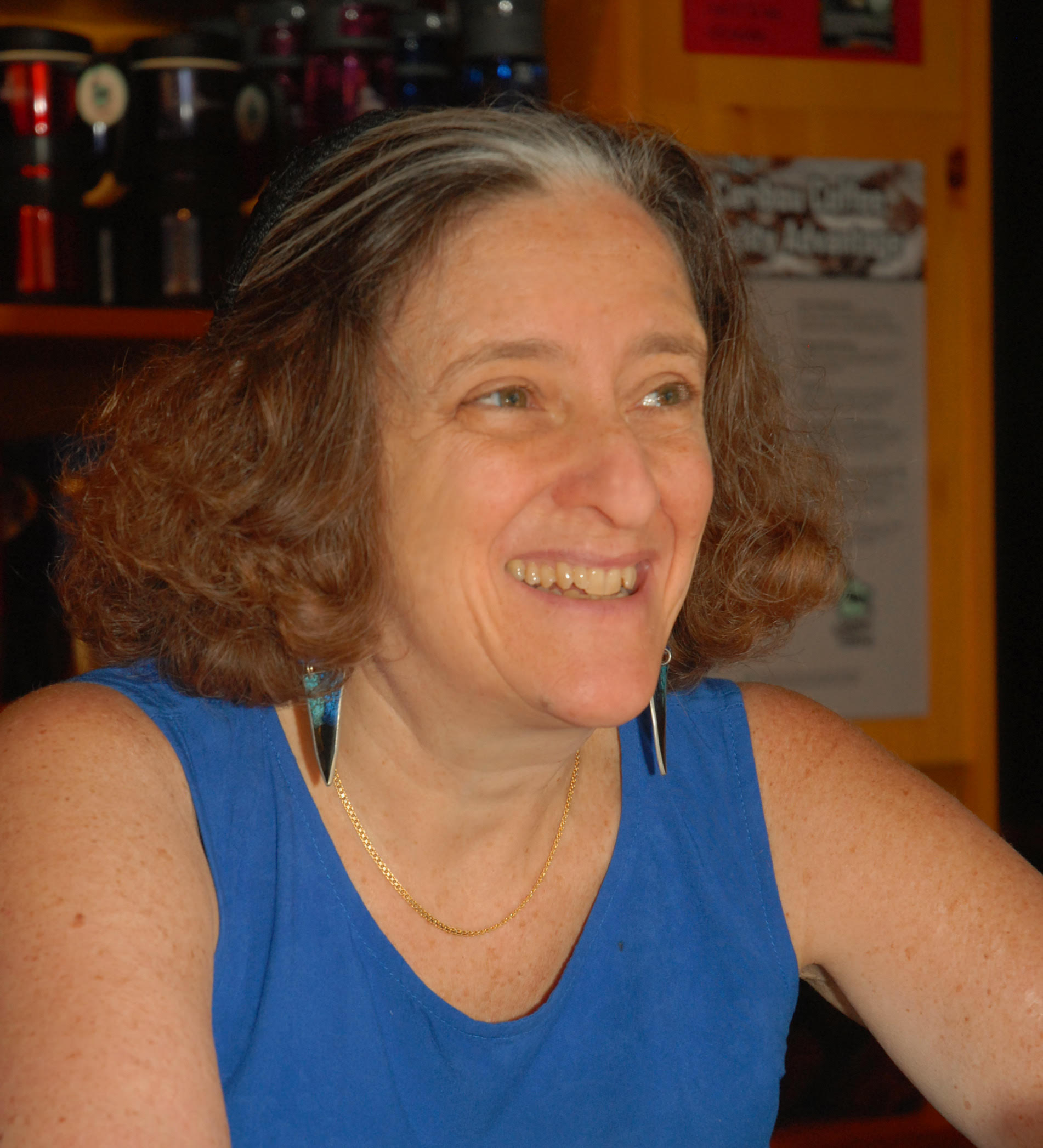How do we balance raucous joy with global suffering? Is it sometimes impossible to celebrate, even when the Jewish calendar calls for it? Rabbi Amy Eilberg shares about her skipping Purim in 2019 in response to attacks in Pittsburgh and Christchurch.
This piece was originally published on Rabbi Amy Eilberg’s personal blog.
A friend of mine says sardonically, “You’ve got to love the Megillah (the Book of Esther, on which the festival of Purim is based). It starts with a beauty pageant and ends with a massacre.”
I love costuming and being in a room full of joy. (In fact, I love dressing up in the most outrageous costume possible. Many years I have gone to shul on Purim dressed in variations of Sleeping Beauty or Scarlett O’Hara, quite a reversal from my ordinary persona.)
But for years I have had deep difficulty with the Megillah. It probably began on Purim day in 1994, when Baruch Goldstein, an extremist Jew in Israel, opened fire on Muslims at prayer at the Ibrahimi Mosque in Hebron. I know that many Jews – scholars and regular people alike – believe that the Book of Esther is a farce – an outlandish fantasy on the part of an oppressed people, imagining a spectacular victory over powerful forces that seek to annihilate them. But once Goldstein claimed that murder on Purim day was a “Jewish” act, I could never again laugh at the story of Purim.
Since discovering my call to peace and dialogue work fifteen years ago, the story became even more difficult. I was devoting my life and my work to the practice of reaching out beyond lines of difference and encouraging others to do the same. With these commitments deepening in me, I could no longer bear the “joke” of drowning out the name of the wicked Haman with cries of “boo” and the sounds of funny noisemakers every time it appeared in the reading. This was demonizing if ever I saw it. Yes, Haman represents the enemy of my people, even – evil incarnate throughout human history. But caricature and scorn are not the ways to neutralize an enemy. I do not know the answer to evil. But this is not the way.
Over the years I have tried different ways to re-interpret the story and the practices of Purim. I have tried creating alternative Megillah readings, in which we acknowledged the moral issues that were so alive in me with others who shared my questions. I have tried universalizing the story in my mind, casting the story in a larger context.
This year I just couldn’t do it. After the massacre of Muslims at prayer in New Zealand, I could not imagine joking about an evil man seeking to obliterate innocent people. There was nothing funny about it. In fact, it felt unbearable.
This year I simply could not reconcile the elaborate playful ritual around a story of collective terror with the reality of the world in which we live. The families in Christchurch are in the midst of acute grief, denied even the solace of timely funerals, so important in Islamic tradition. How could I go to shul and frolic?
The ritual I need today is a ritual of love and hope, one that speaks to me in my place of acute pain and despair. I need a religious practice that will respond to my anguished cry, “What are we going to do about this? How are we going to stop it?” I need to feel my community devoting itself even more fervently and consistently to the practice of love, to generating a great groundswell of kindness and compassion in the world, big enough to overpower hate.
It is strange sitting at home tonight, picturing the fun-filled scene at my synagogue. I do hope my friends have a wonderful Purim. But tonight I could not do it. This night, I quietly pray for strength to redouble my efforts to contribute to a more loving world. Remember: Do not forget. God (silent and invisible in the Book of Esther) needs us to pour more love into the world, day by day, to defend God’s creation from destruction. May our efforts bear fruit, and may we live to see a world in which these horrors cease.







